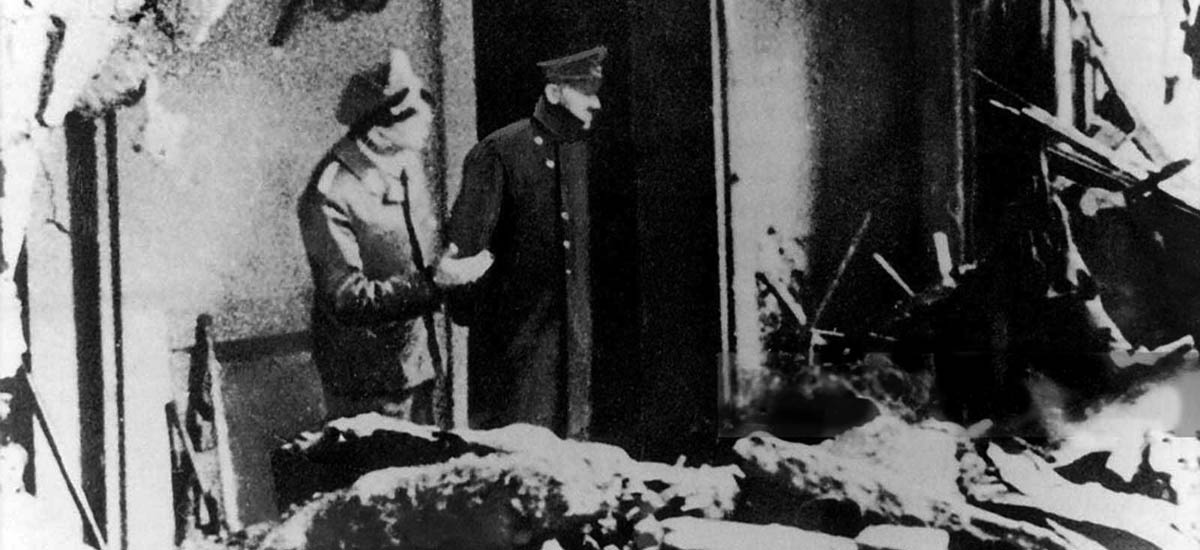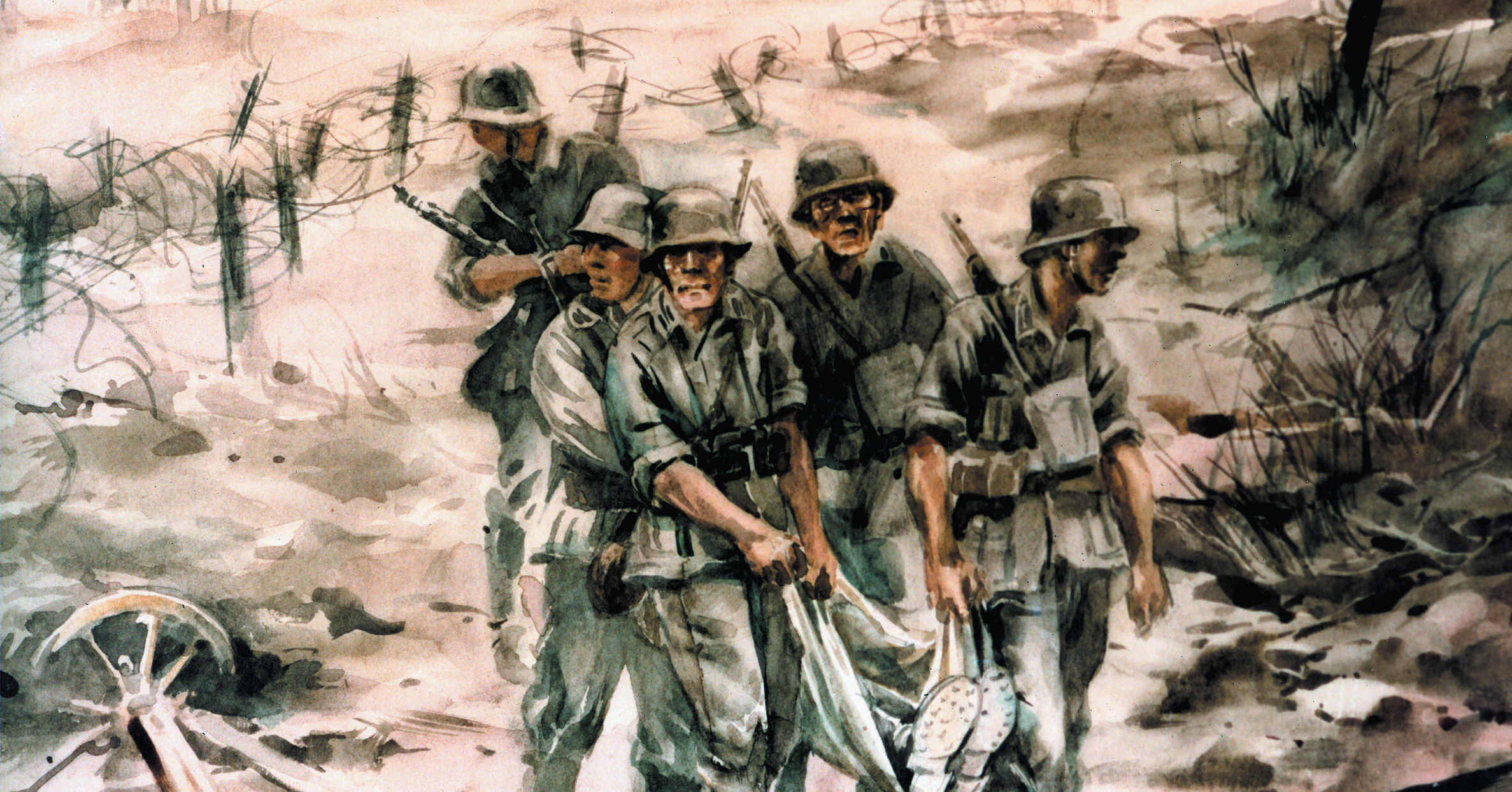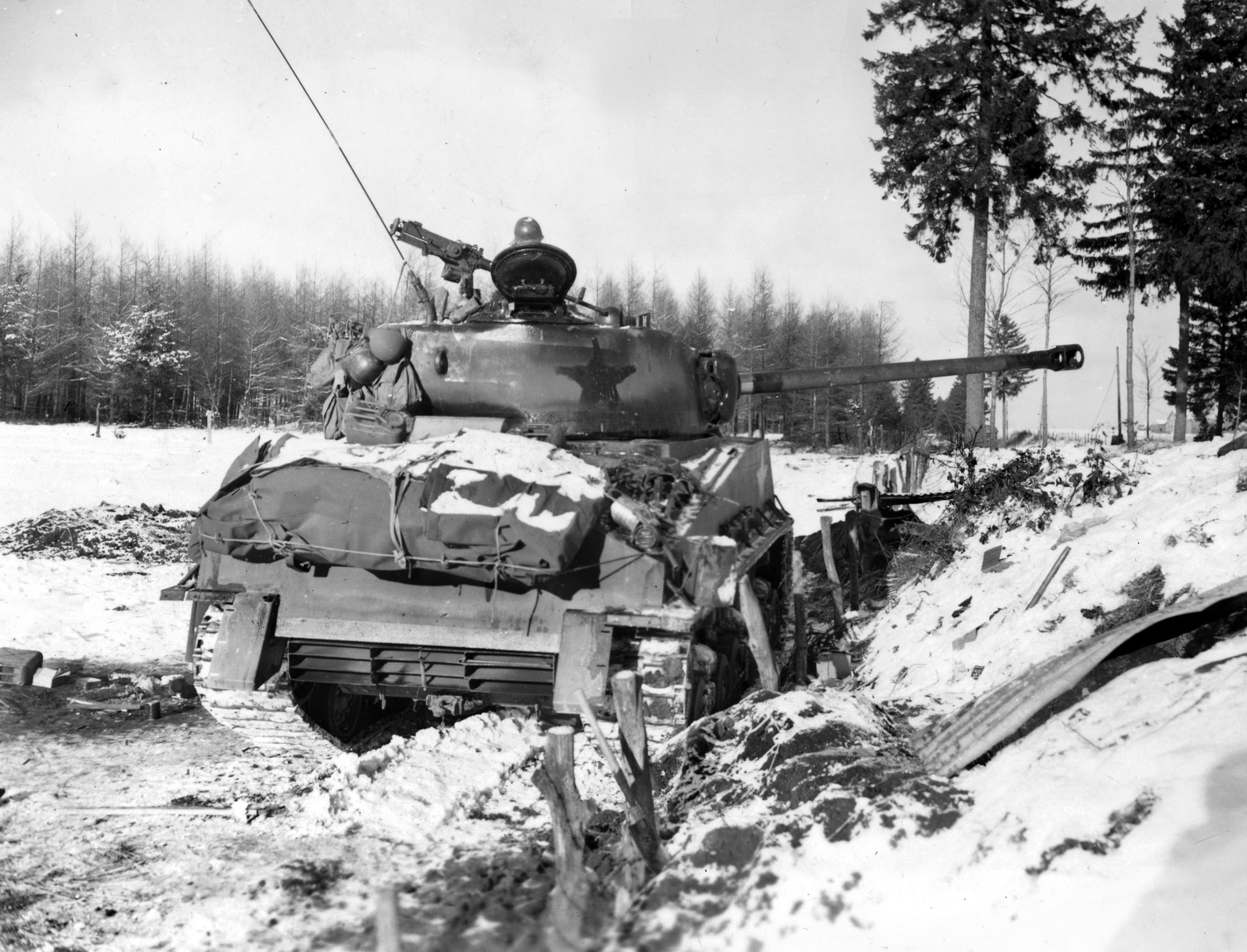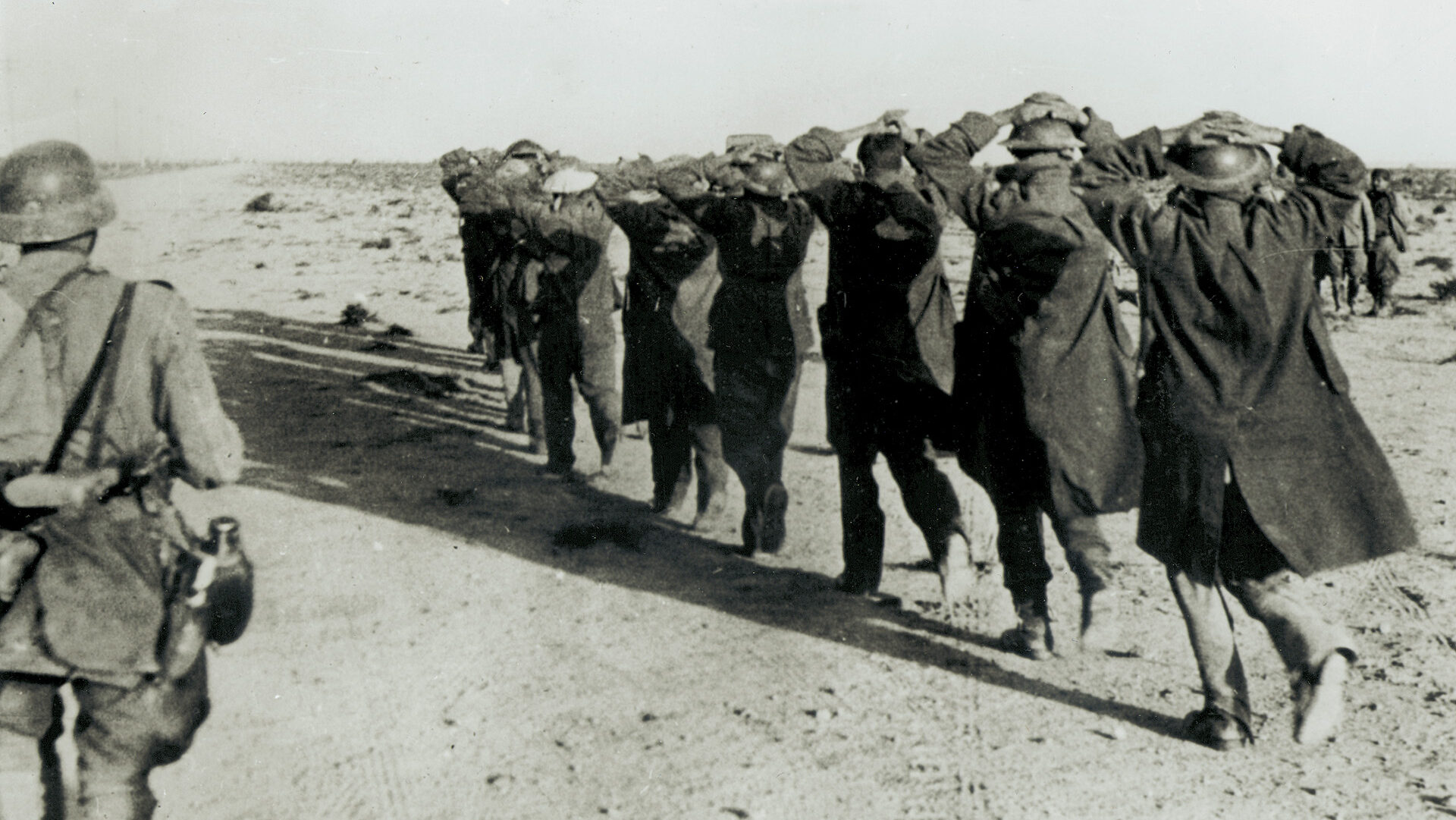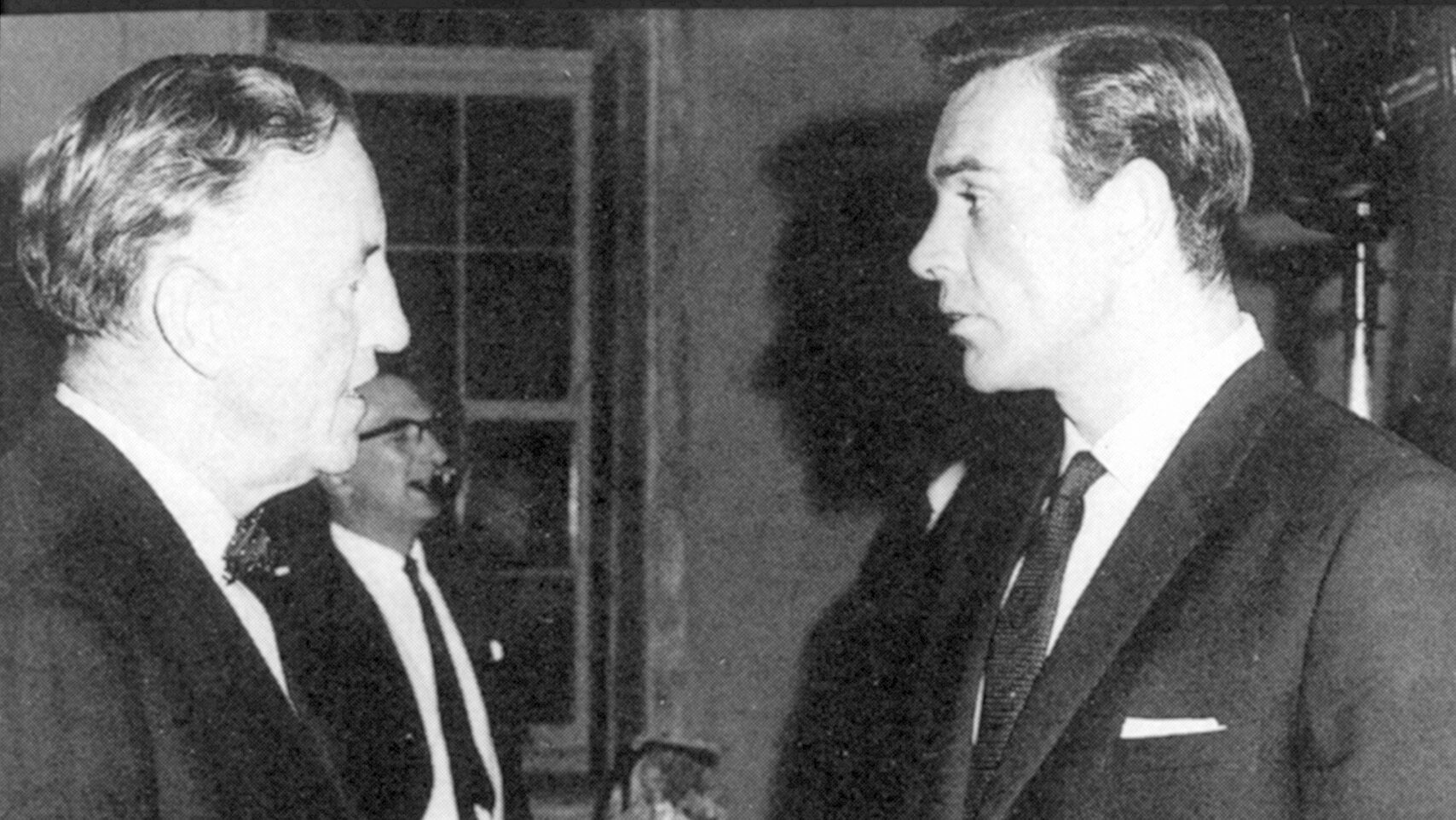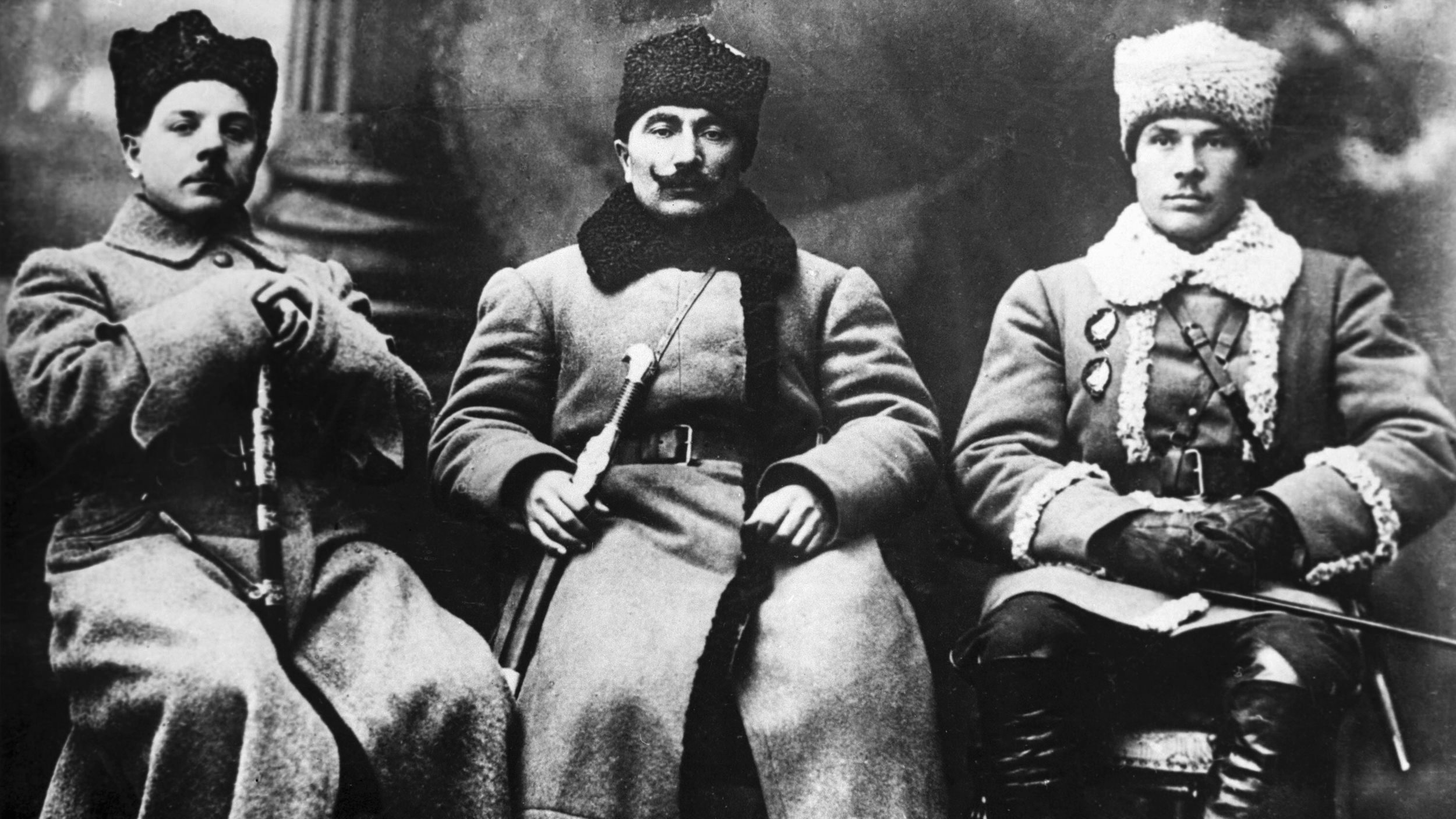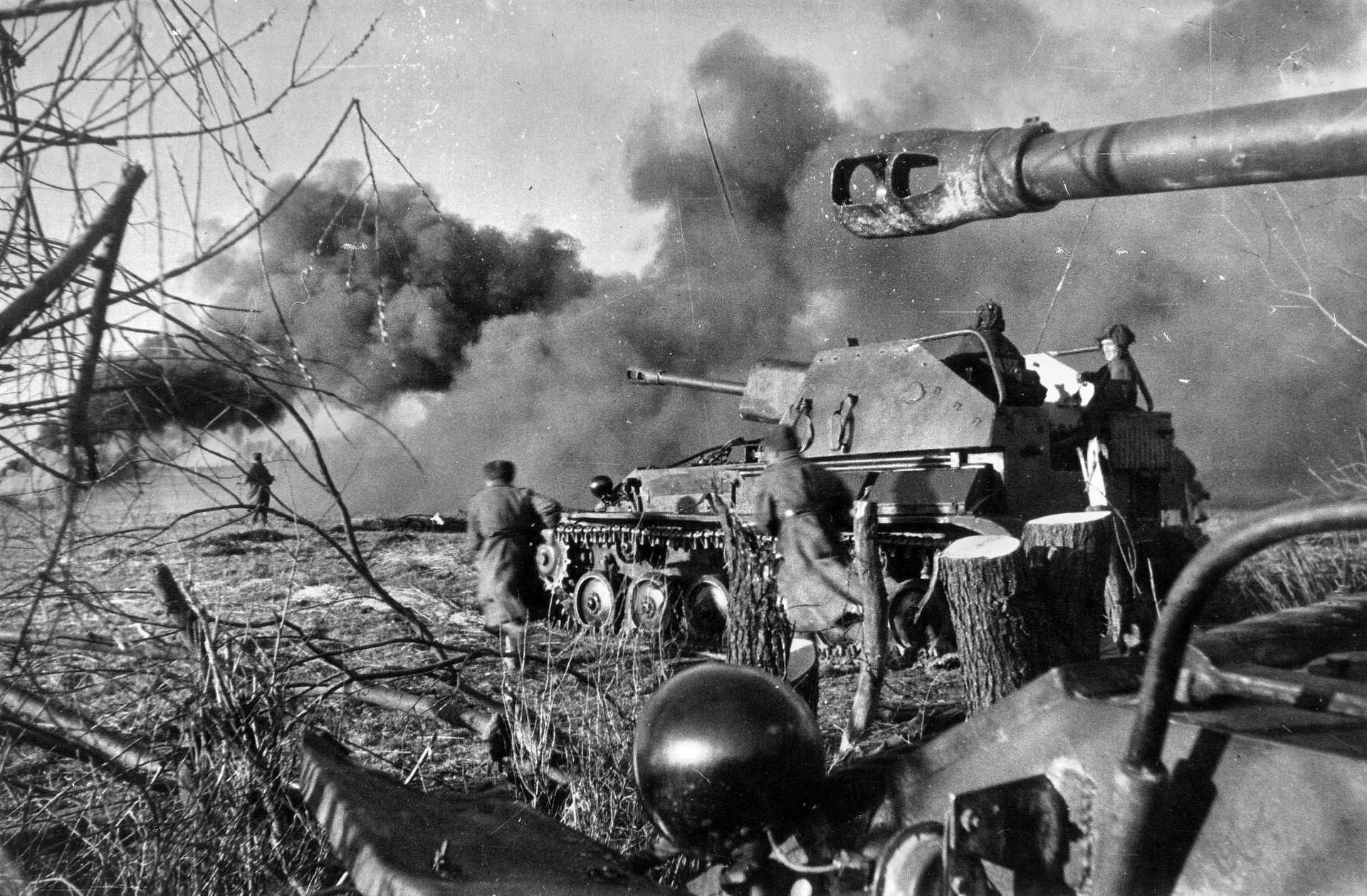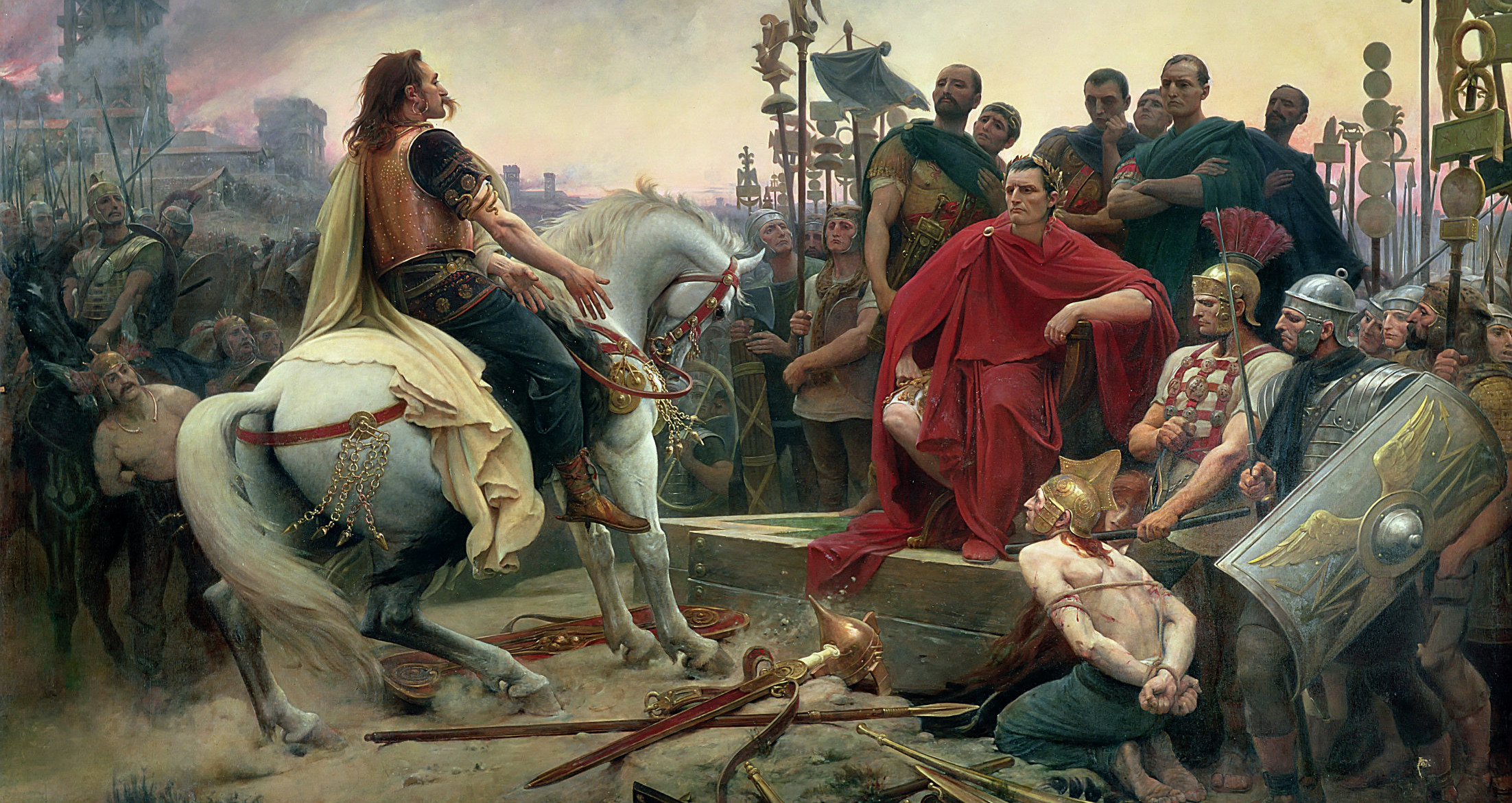On April 20, 1945, Adolf Hitler observed his 56th, and last, birthday. There was little to celebrate. The so-called “Thousand Year Reich” was in its death throes after only 12. The Führer was also on borrowed time, a mere shadow of his former robust and confident self. He trembled noticeably with the apparent onset of Parkinson’s disease. His shoulders were slumped, and he walked with a pronounced shuffle. His eyes were sometimes glassy, and he drifted in and out of blind rage, delusional hysteria, and a catatonic dejection.
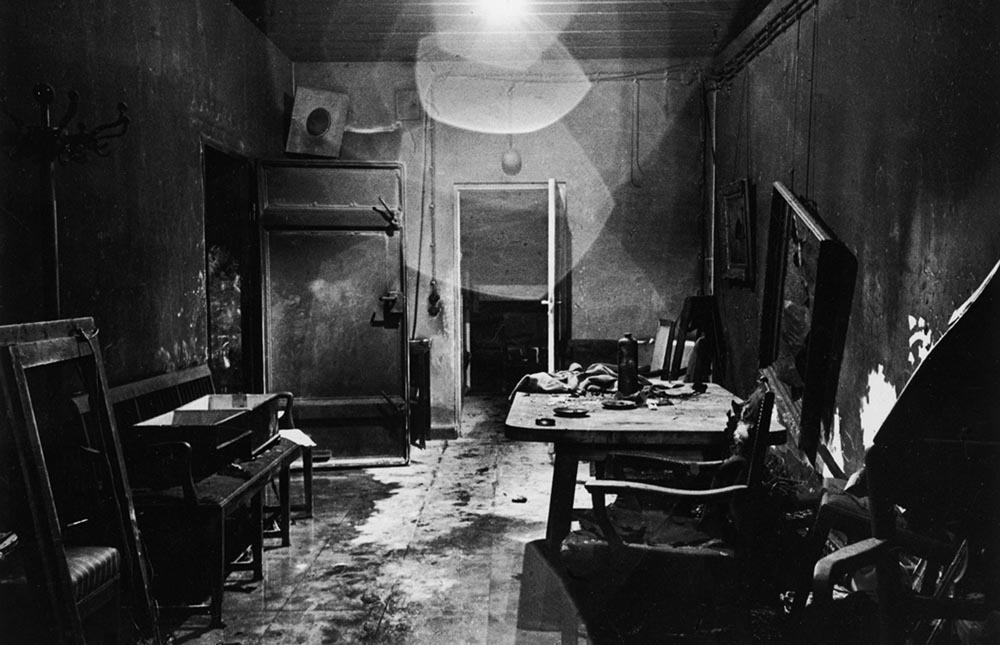
The Soviet Red Army, after pushing the German Wehrmacht westward across more than 1,600 kilometers of Eastern Europe, stood at the doorstep of the Nazi capital of Berlin, and the avengers of Nazi atrocities across their own country offered a birthday greeting to Hitler. Long-range artillery began raining shells on the black heart of the Third Reich, and a war correspondent following the advancing Soviet troops remembered the events of April 22, when the Red Army was close enough for field artillery to join in. The correspondent asked about the targets. The battery commander replied, “Center of Berlin, Spree [river] bridges, and the northern Stettin railway stations.” Then came the order: “Open fire on the capital of Fascist Germany!”
Since January, Hitler and members of his inner circle had taken to the temporary safety of the subterranean Führerbunker, a sprawling, two-floor complex 50 feet beneath the garden of Berlin’s Reich Chancellery amid a cluster of administrative buildings known as the Citadel. The leadership of Nazi Germany languished afterward in the Spartan existence of a few rooms and the ever-present, high-pitched whine of the ventilation system that seemed to permeate every corner of the concrete and steel refuge.
By April 20, Hitler had begun, it seemed, to resign himself to the inevitable. He declined to attempt escape from embattled Berlin and decided against taking up arms personally and leading the remnants of the capital’s defenders against the Soviets, who were driving steadily through its streets. “I shall not fight personally,” he told his minister of armaments and perhaps his only real friend, Albert Speer. “There is always the danger that I would just be wounded and fall into the hands of the Russians alive. I don’t want my enemies to disgrace my body either. I’ve given orders that I be cremated. Fraülein Braun wants to depart this life with me.”
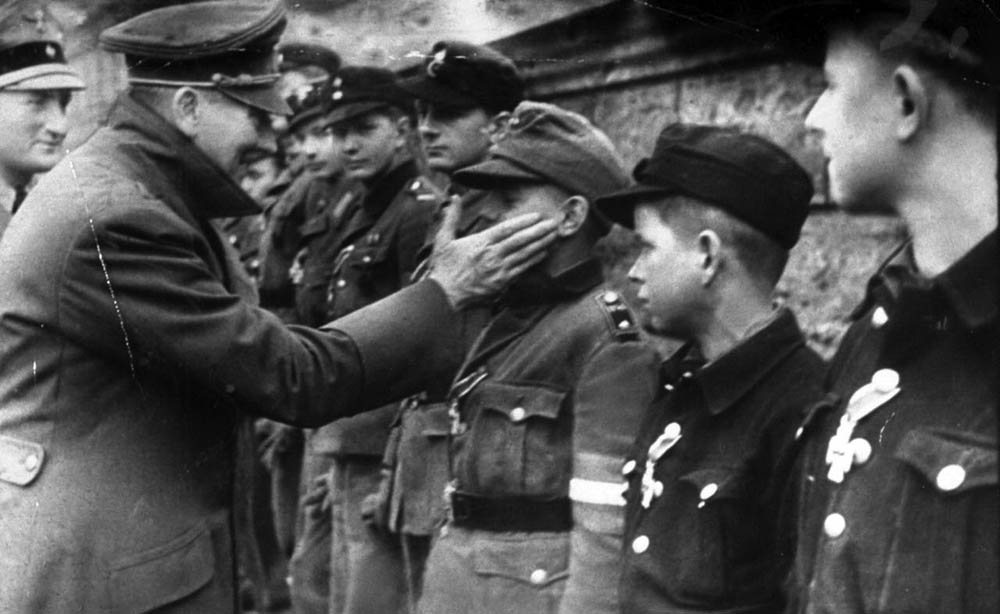
The morbid existence within the Führerbunker dragged monotonously on as its occupants, including Braun, Hitler’s companion for years who had decided to die with him, talked of the most efficient way to commit suicide, poison or pistol. Propaganda Minister Josef Goebbels and his wife, Magda, a rabid Nazi, were there along with their six children. In a twisted display of loyalty, they determined that the young ones should be poisoned before they, too, took their own lives in devotion to the lost Nazi cause.
Neither Hitler nor Eva Braun was to live out the month of April. By the 28th, the Red Army was only a mile from the Reich Chancellery. On the 29th, Hitler married Braun in a ceremony during which a low-ranking Nazi official had been pulled from the front line and whisked to the Führerbunker to perform the rite after both attested to their Aryan ancestry. It was a macabre acknowledgment of Braun’s unfailing loyalty.
On April 30, the Nazi Götterdämmerung, a Wagnerian “Twilight of the Gods,” was at hand. Hitler bade farewell to his close associates, already having been betrayed by two old Nazi cronies—Luftwaffe Reichsmarshal Hermann Göring and Reichsführer SS Heinrich Himmler—one seeking to be Hitler’s successor and the other conducting clandestine negotiations with the Allies, and retired to his quarters with Braun about 2 pm.
An hour later, a shot rang out. Hitler had taken his own life with a gunshot to the temple. Braun had taken cyanide poison and lay in a lifeless curl next to him on the sofa. The bodies were carried up the stairs and into the garden, doused with gasoline, and set ablaze. The end had come for Adolf Hitler, 75 years ago this month. The Nazi Reich outlived him only by a week.
—Michael E. Haskew
